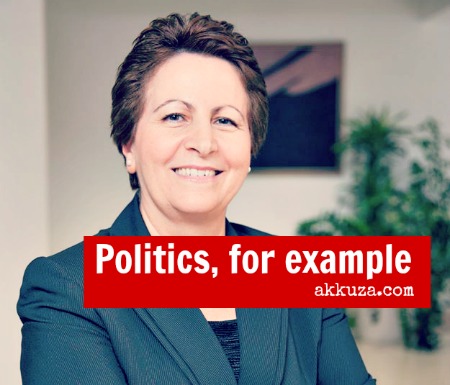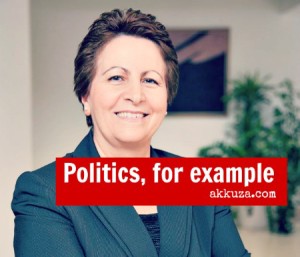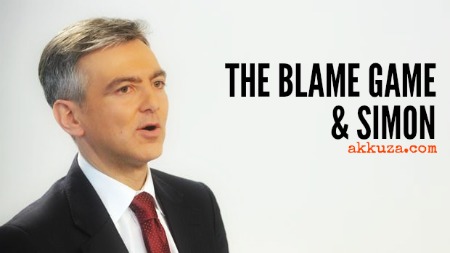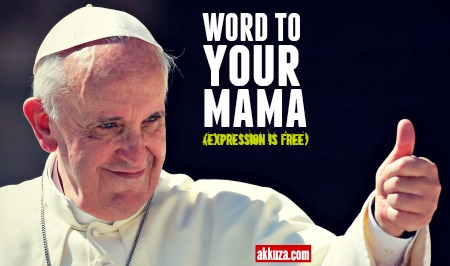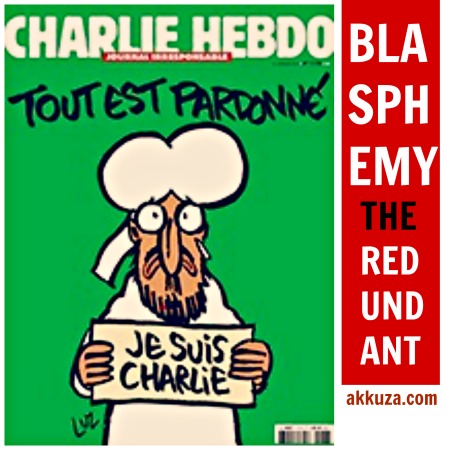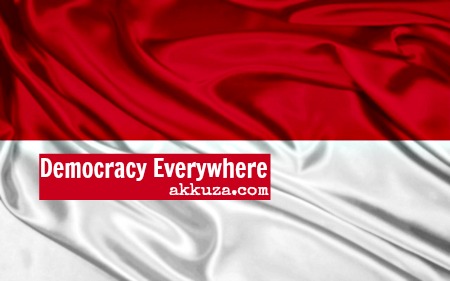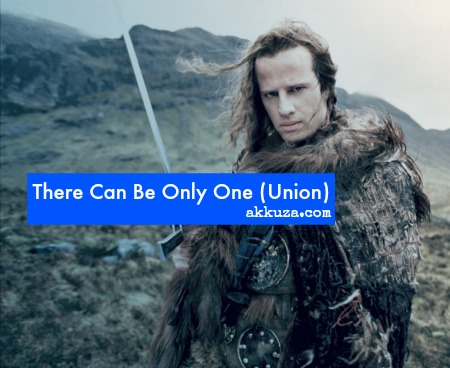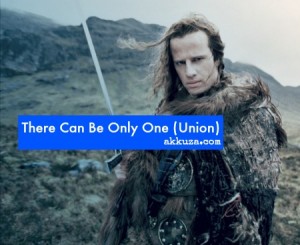Yes, Giovanna Debono should resign. Her position in parliament as a representative of the people is untenable so long as her husband is under investigation for abuse of office. The sad truth is that the moment a minister employs his or her spouse or close relatives within their own ministry their position should no longer be tenable. Robert Musumeci, still posing as some kind of visionary for the hypothetical “movement” (that is none other than an opportunistic collection of gravy train riders) believes that we should wait for a “fair hearing”. Musumeci sat for a law degree virtually by correspondence (he will tell you presence at a lecture does not a law student make – which could be true) and regularly suffers from literal reproduction of positivist garbage you would expect from the vast majority of what is regurgitated from university today.
Fair hearing is for the criminally accused. Sure. It has absolutely nothing to do with the recognition of administrative and political responsibility. The basic manual of political representation (let alone constitutional law principles) would tell you that in order to be above reproach a person in political power should not employ close relatives. The assumption being that the mere employment of such relatives is the beginning of the path to abuse of office. It would be hard for someone in Musumeci’s movement to grasp such a concept. Impossible even. The Gozo Minister employs his spouse within his ministry. Our energy minister’s wife was “employed” by this government without so much as a justification and with a contract of employment the terms of which are shrouded in secrecy. Even the Emperor’s (sorry, PM) wife is prone to carving out for herself a role that is nowhere mentioned in the constitution. It would be ok if such a role were not costing money to the electorate. Yet it does.
Back to DebonoGate. There is no doubt in my mind that Debono will join the blacklist of ex-PN ministers tainted with a whiff of corruption – even if Anthony Debono manages to survive the trials and tribulations of a court of justice. Ninu Zammit, Michael Falzon, Giovanna Debono. The “old way” of doing politics that was allegedly swept aside two years to this day is still waiting to be judged. Simon Busuttil’s party will still be answering for this kind of sins for quite some time yet. Incidentally, the PM should take note that he risks becoming an accomplice to covering up any crimes of corruption if he chooses to sit on reports and whistleblower information until when it pays him to cause a fracas and deviate attention from the troubles within his house. Today’s Debono news paid perfectly to help people forget that we should be inaugurating the promised Power Station.
The PLPN way is still very much alive. This blog, born in 2004, has long warned that the system is one that promotes a race to mediocrity and that will constantly produce stories of corruption, nepotism, cronyism and abuse of power. The former PN government’s sins are now being brought to light – and however erred must pay. Muscat’s government has proven only that it is a case of “same, same but different”. In many cases it is even worse because this government that was supposed to herald change is only good at justifying blatant abuses by claiming it is only repeating what was done before – u hallik mill-ottimista. Simon Busuttil is discovering that change is not only about words but also about deeds and that in order to make a difference actions must follow.
It sucks being bang in the middle between two behemoths that struggle to catch up with the twenty-first century. It sucks being so right about what is so wrong with this country. What sucks most is that we seem to never learn.
Today is a three-fold anniversary. Franco Debono turns 41, the labour government turns 2 and Internazionale FC turn 106. It never rains….
In un paese pieno di coglioni ci mancano le palle.
